Fukushima impact unprecedented for oceans: US expert
Updated: 2016-05-24 11:16
(Xinhua)
|
|||||||||
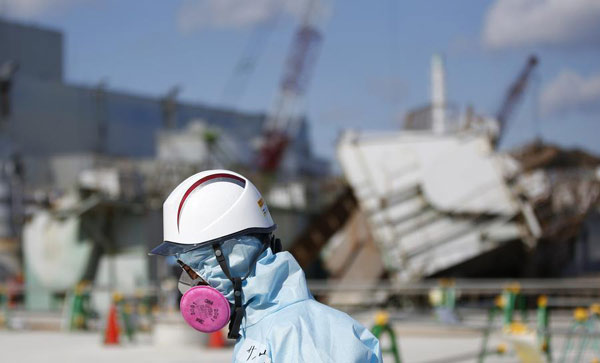 |
|
A Tokyo Electric Power Co. (TEPCO) employee, wearing a protective suit and a mask, walks in front of the No. 1 reactor building at TEPCO's tsunami-crippled Fukushima Daiichi nuclear power plant in Okuma town, Fukushima prefecture, Japan February 10, 2016. [Photo/Agencies] |
LOS ANGELES - Radiation contamination at Fukushima was unprecedented for the oceans, a US marine radiochemist has said in a recent interview with Xinhua.
"While in total Chernobyl was a bigger source of human-made radioactivity, most of the Fukushima releases entered the ocean, more than 80 percent, so for the oceans this was a bigger source," said Ken Buesseler, a senior scientist at the Woods Hole Oceanographic Institution (WHOI).
On March 11, 2011, a magnitude-9.0 earthquake -- one of the largest ever recorded -- struck the eastern coast of Japan. The tsunamis caused by the quake badly damaged the Fukushima Dai-ichi nuclear power plant, eventually causing four of the six reactors there to release radiation into the atmosphere and ocean.
Emergency crews used seawater to cool the damaged reactors at the power plant. Because of the plant's location along the coast, much of the water was washed into the Pacific, resulting in the largest accidental release of radiation to the ocean in history.
Within months of the accident, Buesseler assembled a research cruise and science party of 17 people from eight institutions to sample the waters surrounding the nuclear plant.
According to the scientist, every additional source of radioactivity carries some additional health risk, but these risks vary with many factors, including the dose and which isotopes people are exposed to, as well as individual sensitivities.
Buesseler said there is a higher concern for the most vulnerable groups of people, and he cited children as an example. "Fukushima will likely have the most significant long-term health impacts on those who had the highest exposures," he said.
Buesseler called for more efforts to make environmental and health assessments of the Fukushima accident.
He believed communication to the public has been poor in the aftermath of Fukushima. "This should be improved, so people know better the assessment of contamination levels and what this means for human health," he said.
Buesseler noted that independent and multiple groups need to be engaged in such assessments.
He said even when radiation levels become lower than any safety standards, people can still learn something about the fate and transport of radioactive compounds in this way.
Buesseler voiced his disappointment that US Federal agencies did not support ocean studies off Japan or the United States. "This should be an international and ongoing set of studies for the coming decades," said the scientist.
"For radioactive contaminants in the ocean in general, I think there should be regular monitoring programs and research studies so we help assess prior accidents and leaks, such as in Fukushima, Chernobyl, nuclear weapons testing, and educate the public about differences in sources and impacts and how that affects public health," he said.
Related Stories
Truths covered about Fukushima surface over five years 2016-05-23 11:00
Children near Fukushima more likely to suffer from thyroid cancer 2016-05-23 10:39
Fukushima gets OK to freeze radioactive soil 2016-03-31 07:42
Fukushima five years on: Searching for loved ones 2016-03-11 10:46
For rancher, Fukushima a lone call for defiance 2016-03-10 08:08
Fukushima tourism aids healing 2016-03-07 08:07
Today's Top News
Russia blasts NATO for Cold War mentality
Vietnam, US adopt statement on partnership
Alibaba expands in Belgium amid protectionism
Eiffel Tower to become rental apartment for first time
Wreckage of crashed EgyptAir plane found at sea
Still learning
EgyptAir denies finding wreckage of missing flight
China urges US to halt close surveillance
Hot Topics
Lunar probe , China growth forecasts, Emission rules get tougher, China seen through 'colored lens', International board,
Editor's Picks
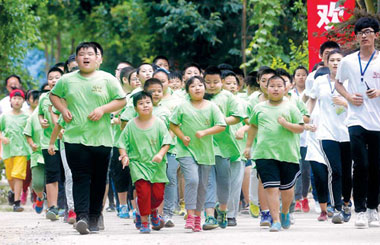
|

|
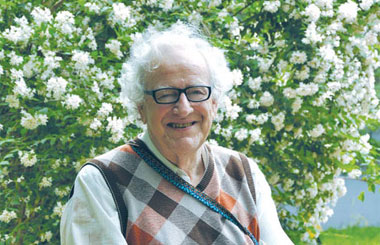
|

|
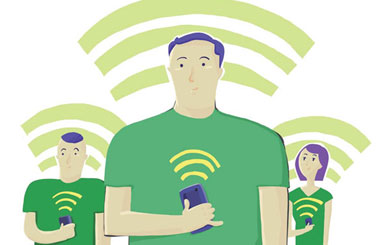
|
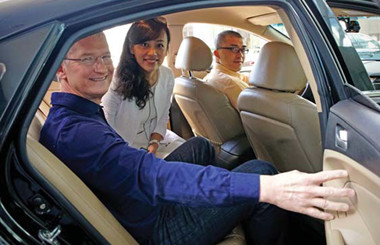
|







